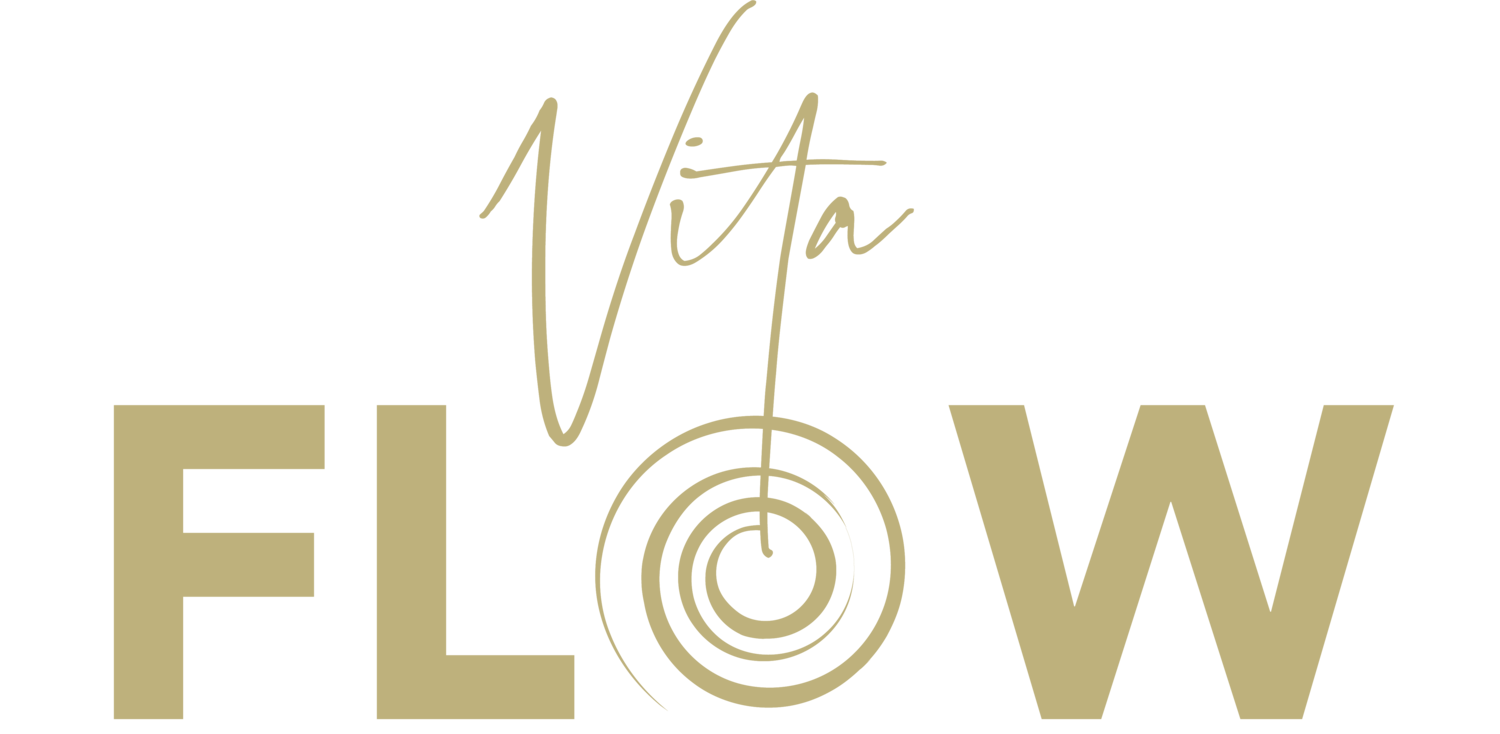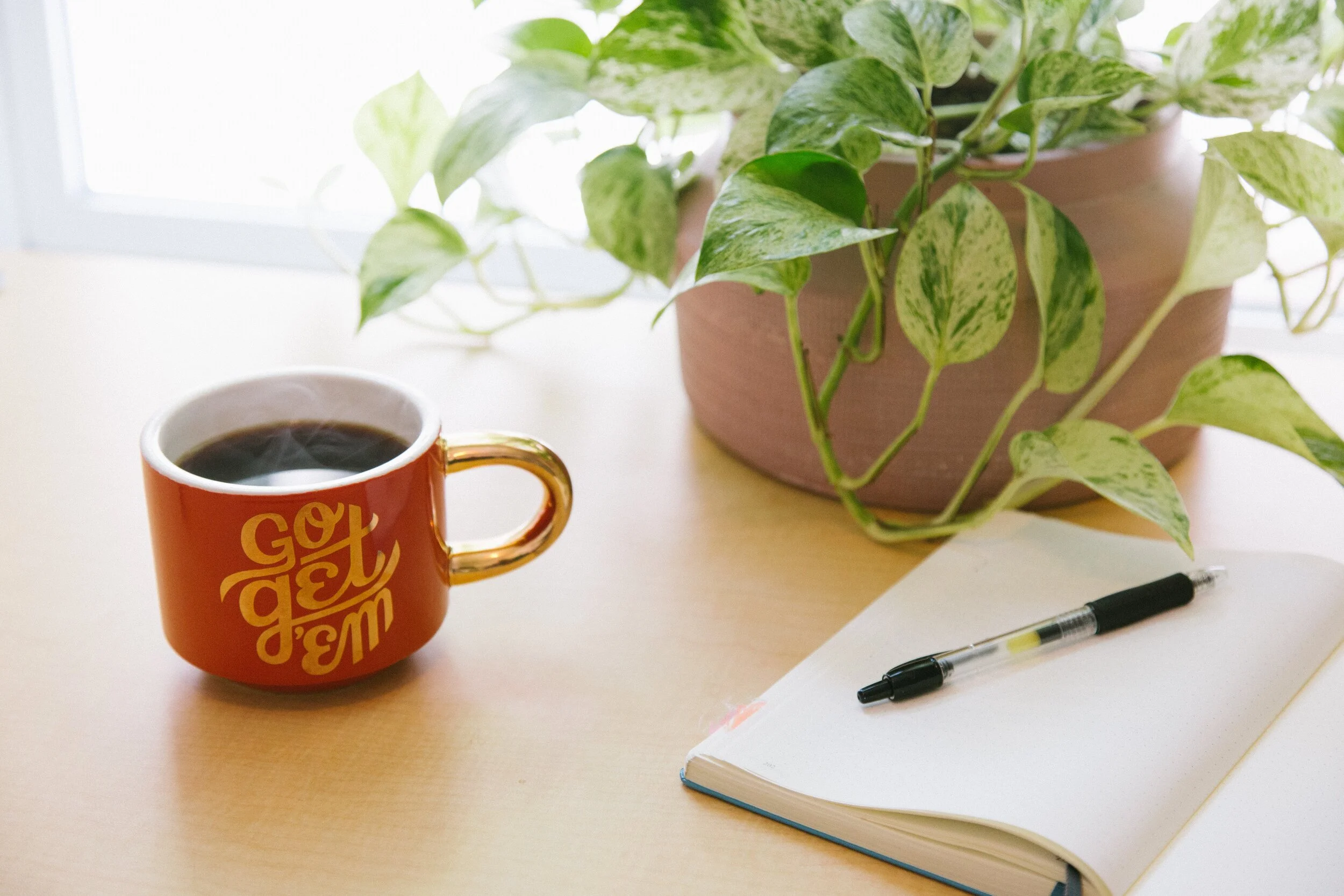Living with intent and setting intentions
A former boss once told me that goals are all well and good but it is important to remember to enjoy the journey.
The point is that if we are so focused on the ultimate goal lots of things can fall by the wayside in the singular pursuit of those goals. Relationships, friendships, pleasure, fun just for the sake of fun, learning, exploring, relaxing, reflecting, observing what’s around us. It can all past by in a blur when we live on autopilot in the pursuit of a goal.
So instead we can think of getting through each day and taking steps closer to that goal by being intentional. Setting intentions each day give us a more relaxed appreciative framework within which we can still operate very productively and with focus (even if that’s focus solely on experiencing pleasure). I remember my former Coach once telling me that it appeared that I treated everything in life like something on a ‘to do list’. For example if I had a pedicure scheduled it was just another thing to tick off a long list of things that should be done. When I think of that now I laugh at myself. It definitely gave me food for thought. It has taken a lot to learn to slow down, savour and appreciate things but it has made a huge impact on my happiness and in turn my focus.
So what is the main difference between setting a goal or an intention?
A goal is a future aim. It could be a long term vision or project that we work towards and have a hunger to achieve. It may require us to multitask and shift the goalposts every now and then. A goal keeps our focus very much on the future and the consequences, feelings and results of achieving that goal. An intention, on the other hand, takes our focus from multitasking to mono-tasking and brings us fully into the moment. When we set an intention for example ‘I will spend one to two hours drafting my report and won’t take any emails or calls during that time’ or ‘I will take a walk in the woods without my phone and allow myself to really see my surroundings’ or ‘Every meal I eat I’ll focus on the food, no TV, no phone, no work emails, just me and the sensations of my food’. When we do this we bring ourselves fully into the moment and increase our brain’s capacity both for productiveness and for learning.
Interestingly, Daniel Goleman, in his book ‘Focus The Hidden Driver of Excellence’ talks about cognitive overload and how the greater demands on our attention also seem to lower our resistance to temptation. This is often seen in practice, with our susceptibility to reach for fatty or sugary foods on autopilot, when our focus is elsewhere. If that’s a cycle you find yourself immersed in then you might want to consider ‘mindful eating’ and the power of bringing your focus to your food without distractions.
Whether you want to call daily intention setting, monotasking, mindfulness, increased self -awareness or emotional intelligence, it has the power to increase your happiness, productivity, quality of output in anything you are learning or creating and that seems reason enough to give it a try.
Setting intentions for the day can be far less pressure than goal setting or resolving that you have to do something and feeling like a failure if you don’t. You give yourself direction with a framework that encourages you to focus on yourself, your interactions with others and enjoying your day without it passing by in a blur of inattention and distraction. As my former boss reminded me ‘make sure you enjoy the journey’.

